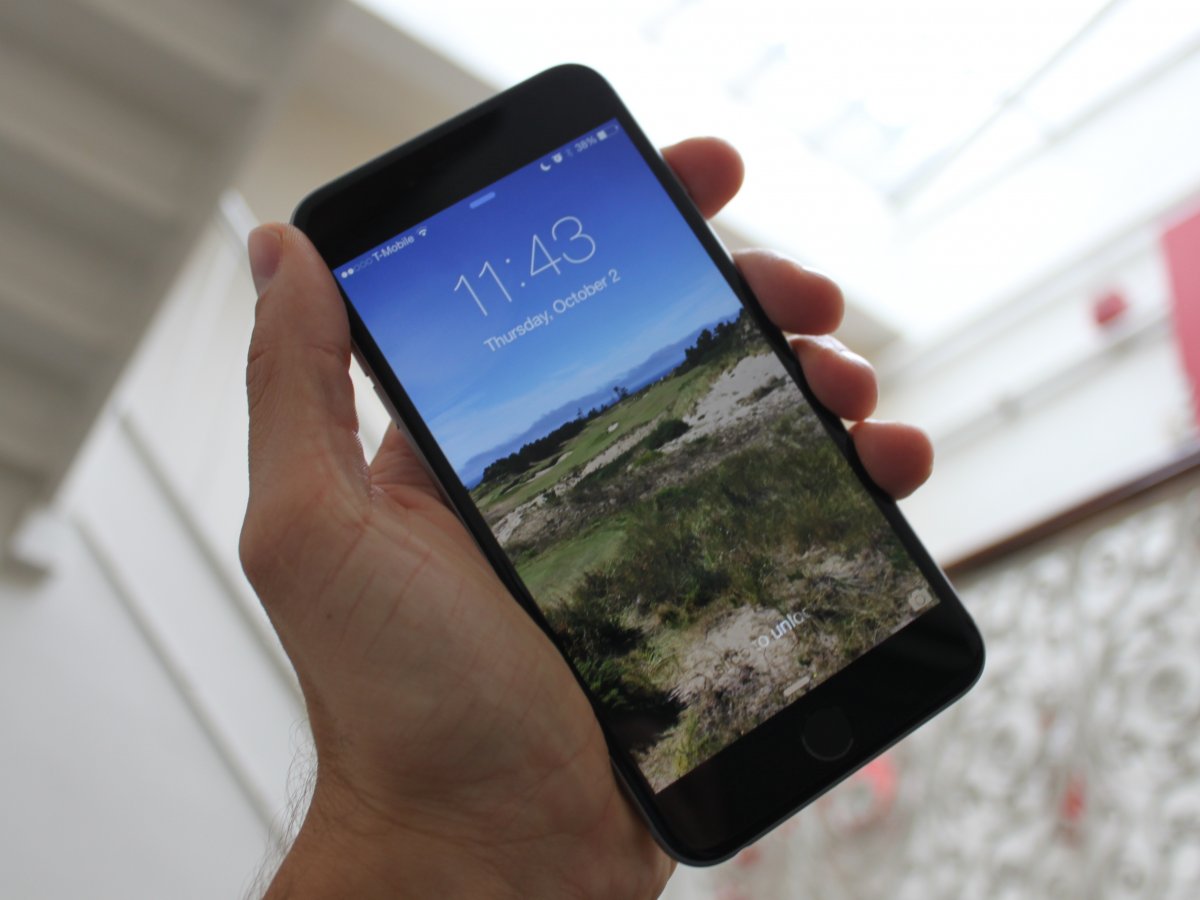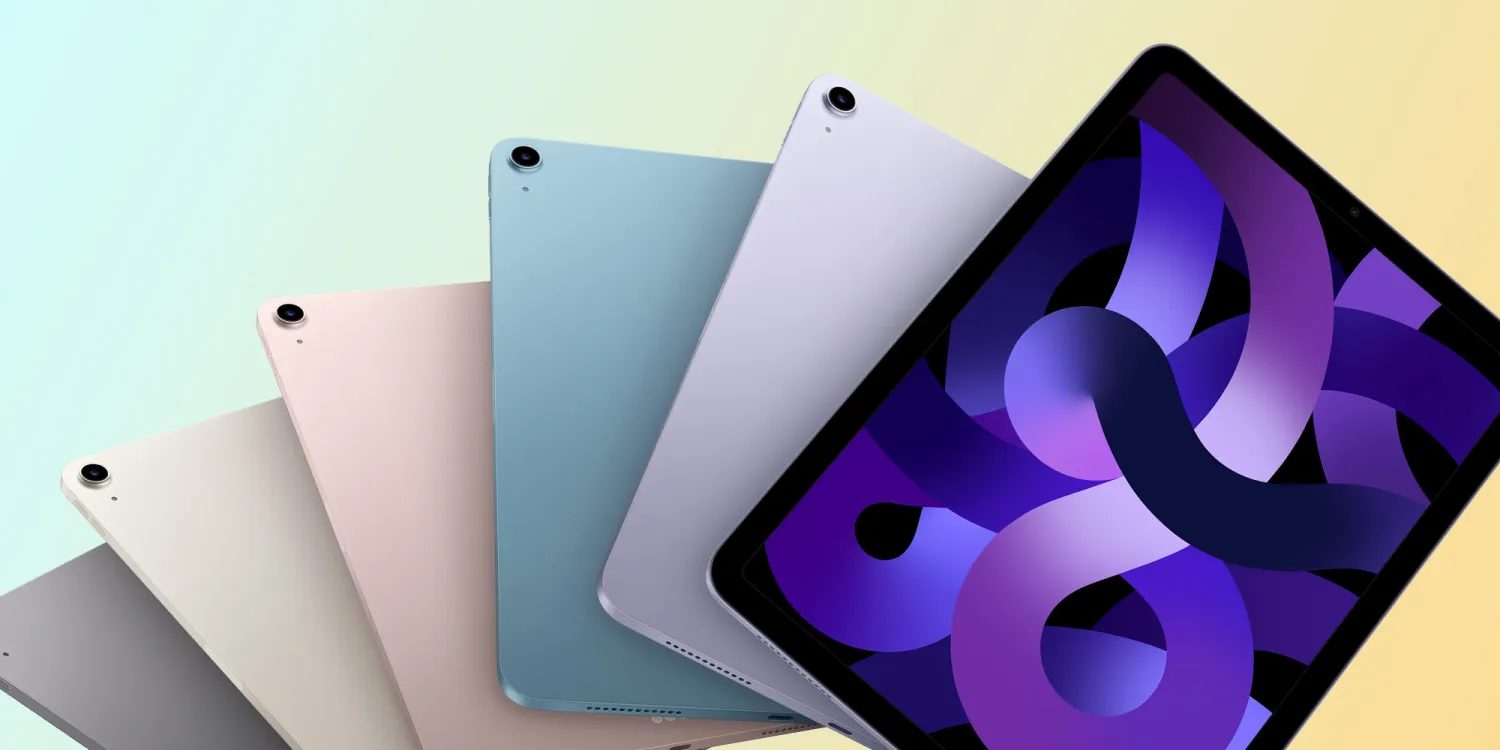
Study Suggests iPhone Separation Anxiety is Real, Linked to Poor Cognitive Performance
A research study conducted by the University of Missouri suggests that iPhone users avoid parting with their smartphones during daily tasks that involve high levels of attention.
The researchers performed several small-scale experiments to test their hypothesis, and they appear to be correct. A user that is separated from their iPhone can have serious psychological and physiological effects, including poor performance on cognitive tests.
 These findings show that if an iPhone user is separated from their device while taking a test, sitting in a meeting, or completing work assignments, it could lead to poor cognitive performance on those tasks. MU School of Journalism doctoral candidate Russell Clayton said:
These findings show that if an iPhone user is separated from their device while taking a test, sitting in a meeting, or completing work assignments, it could lead to poor cognitive performance on those tasks. MU School of Journalism doctoral candidate Russell Clayton said:
“Our findings suggest that iPhone separation can negatively impact performance on mental tasks. Additionally, the results from our study suggest that iPhones are capable of becoming an extension of our selves such that when separated, we experience a lessening of ‘self’ and a negative physiological state.”
For the study, the researchers asked the iPhone users to sit at a computer cubicle while attached to a wireless blood pressure and heart rate monitor. The study found that when users were told not to answer their phone while solving a simple word search puzzle, the iPhone users’ heart rate and blood pressure levels increased. The users reported feelings of anxiety and unpleasantness.
In the first test where users either didn’t have their phone or when the users were told not to answer any incoming calls, the user’s cognitive performance decreased resulting in poor results on the test. In another test the users did have access to their phones, and their blood pressure levels and heart rate was normal.

